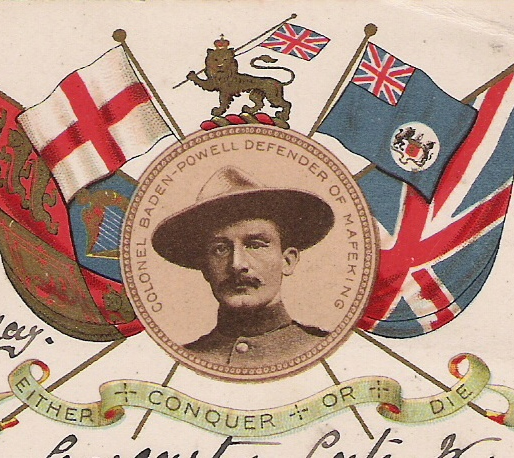Sir Francis Fletcher Vane, anti-militarist: The great boy scout schism of 1909
Historian article

Sir Francis Patrick Fletcher Vane, fifth baronet (1861-1934), a man of wideranging but seemingly contradictory passions and interests, was an idealistic but also hard-working aristocrat who played a major role in shaping the early Boy Scout movement in London. While the name of the founder of the Boy Scouts, Robert Stephenson Smyth Baden-Powell (1857-1941), continues to resonate, regrettably few have heard of Sir Francis, a mercurial British army officer descended from the executed seventeenth-century parliamentarian Sir Henry Vane the Younger (1613-62). He is honoured in Ireland, nonetheless, for trying to have a crazed British army captain arrested, during the Easter Rising (1916) in Dublin, for the execution at Portobello barracks of three innocent civilians, (despite official attempts to suppress the truth), among whom was the writer Francis Sheehy Skeffington, a pacifist friend of James Joyce. Then an army major in his midfifties, Vane was described by the Irish poet and novelist Monk Gibbon as having:
a red face, a rather dogged, buccaneering expression, a moustache, and a tiny narrow tuft of beard immediately below his lower lip. . . .He walked with a slight poke of his head forward, had a habit of linking his hands together behind his back, and carried a slender little malacca cane or swagger stick under his arm.
In the context of the early history of Scouting, Vane merits recognition because, as Scout Commissioner for London in 1909, he broke with the Baden-Powell leadership - and threatened to take the entire London membership with him - over a number of vexed issues, including the former's alleged militarism, and became president of the secessionist British Boy Scouts (BBS). Sir Francis later denounced the recruitment of so many influential supporters of the former commander-in-chief Field-Marshal Earl Roberts and the pro-conscription National Service League (NSL) to the new Boy Scout governing council, claiming that this had led to a ‘military cabal controlling a great educational movement'. Adopting Vane's perspective led some historians to argue in the 1970s that militarists and the NSL must have manipulated the Boy Scouts and other British youth movements both before and during the First World War into pursuing a militarist and nationalist agenda. A revisionist view is that the surprising thing is not that there was a degree of military British Boy Scouts from Saffron Walden (left) and Kings Cross (right) on the terrace of the House of Commons, circa 1911, with Sir Cecil Beck MP (centre) after being entertained to tea by Sir Francis Fletcher Vane (top hat rear).
This resource is FREE for Student HA Members.
Non HA Members can get instant access for £2.75

